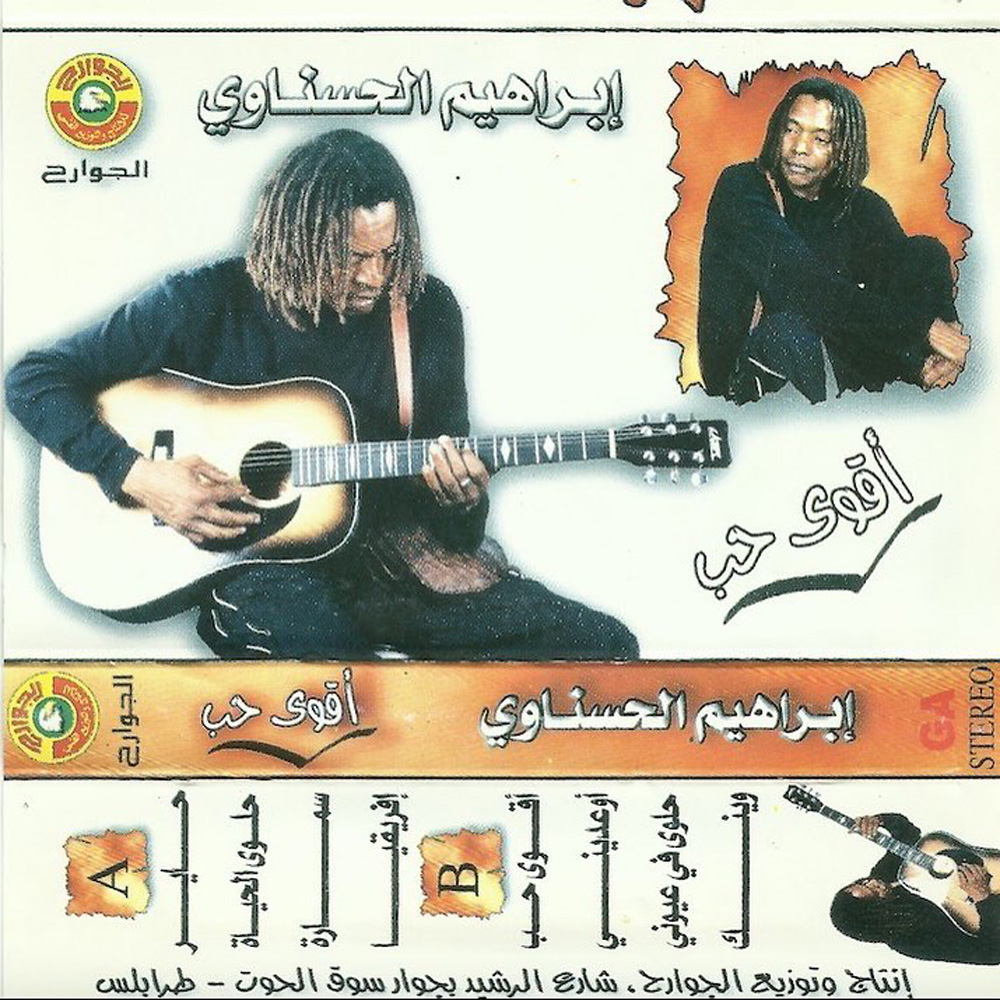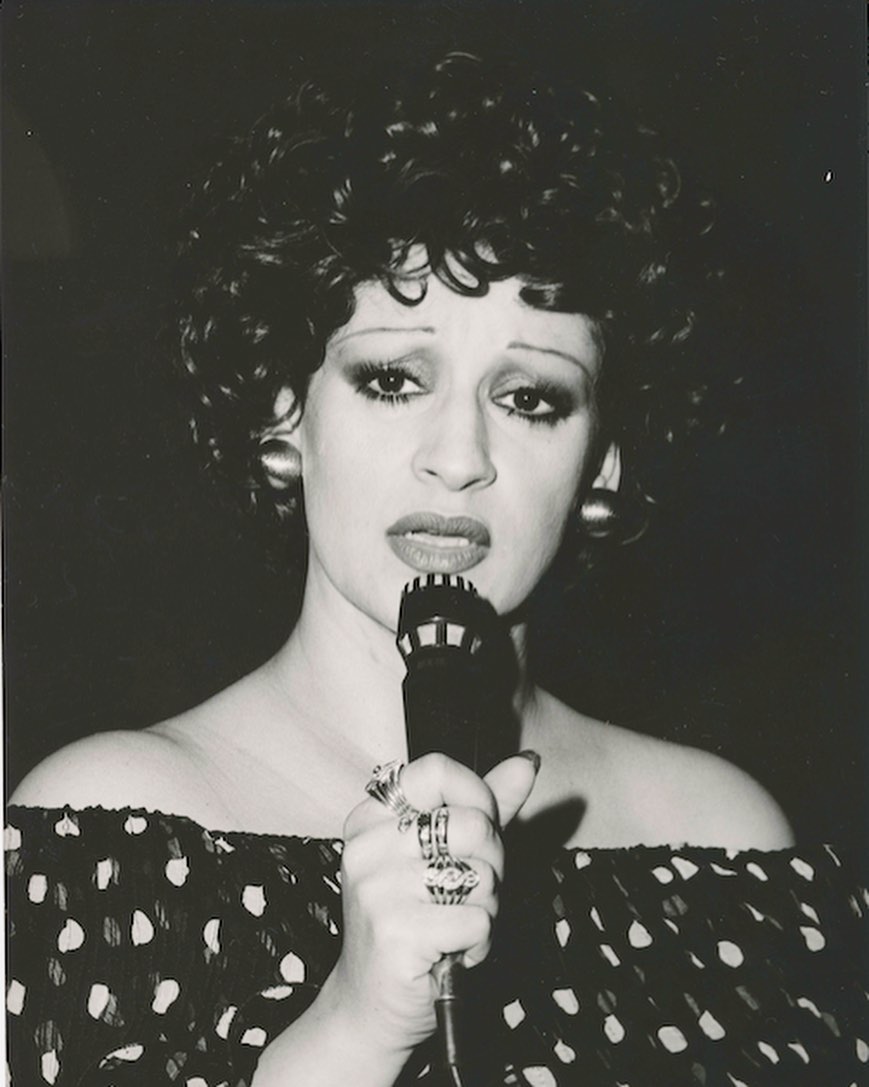The Berlin-Based Record Label Preserving Rare Music From The Arab World
By Something CuratedBerlin-based record label Habibi Funk, founded by Jannis Stürtz, is working hard to bring eclectic sounds from the Arab world to new and diverse audiences, dedicated to re-releasing and preserving music often written during times of war or exile, and heard by few. Stürtz and his team make largely obscure and always extraordinary music accessible through exciting compilations, online playlists, and a very well researched Instagram presence. Habibi Funk’s Instagram page offers a colourful entry into the world of Arabic funk, jazz and other sounds from the 1970s and 1980s. Insightful and anecdotal texts caption musical recordings and artworks, highlighting varied artists, creators and sonic movements from across the Middle East and North Africa. Among the page’s highlights is a post spotlighting the work of Ibrahim Hesnawi, dubbed the godfather of Libyan reggae. Hesnawi was born and grew up in Tripolis, the capital of Libya.

Stürtz expands, “His family was not into music and initially he did not focus on it either. After graduating school he started working as a customs officer at the port of Tripolis. Asked if he could think of an artist who changed his life, Ibrahim’s immediate answer is: “Bob Marley.” Marley was the artist that brought reggae to Libya. In fact, the alliance wasn’t that far off as one would think nowadays. On the contrary, local musicians seem to intermix influences quite naturally as Farrah Fray wrote in her article about Libyan reggae for Lindsay Mag in 2019, “Like all genres of music that migrate between places, Libyan reggae borrows elements from its own culture. Libyan folk music known as zimzamet and the rhythmic repetition of a voice or vocal sound in a stanza form the base of many reggae songs. Libyan reggae is usually accompanied by a steady marching tempo, which is the most significant hallmark of wedding chants.””
Keep scrolling to discover the first single from Habibi Funk’s second compilation by Hamid El Shaeri. El Shaeri is known for having created his own sound called Al Jil, relying heavily on synths and early samplers, an art he perfected throughout his 17 studio albums – not counting his numerous productions for other artists. Stürtz notes, “For us his first 5 albums on SLAM!, where he was label comrades with Mohamed Mounir, offer some of the best experiments of fusing Arabic music with modern soul, disco and boogie. We are honoured to be working on a full length album with a selection from that material, which we licensed from SLAM!. Ayonha was probably the biggest track from our first compilation. And while some people assumed the song was the result of a beautiful one off experiment, it actually is more like a blueprint of the sound Hamid Al Shaeri engaged in through the early and mid-1980s.”

Warda, another artist profiled by Habibi Funk, was born in 1939 in Paris to Algerian-Lebanese parents. She released her first record on Pathe in 1950 and kept on releasing music for the next 50 years, only interrupted by a 10 year break from singing and recording in the 1960s, during which she lived in Algeria and raised two children. In the early 70s she divorced her first husband and moved to Cairo, which resulted in a creative peak and a number of albums released alongside classic composers such as Baligh Hamdy, who she went onto marry, Mohamed Abdel Wahab, and many more. “Throughout her career she maintained an interest in the new sounds of the time which resulted in some of our favourites like the track Ana Arfa from her 1993 album Haramt Ahebak with its lovely dubby vibe,” Stürtz points out.
Feature image: Artwork from Habibi Funk 004: Alech by Carthago